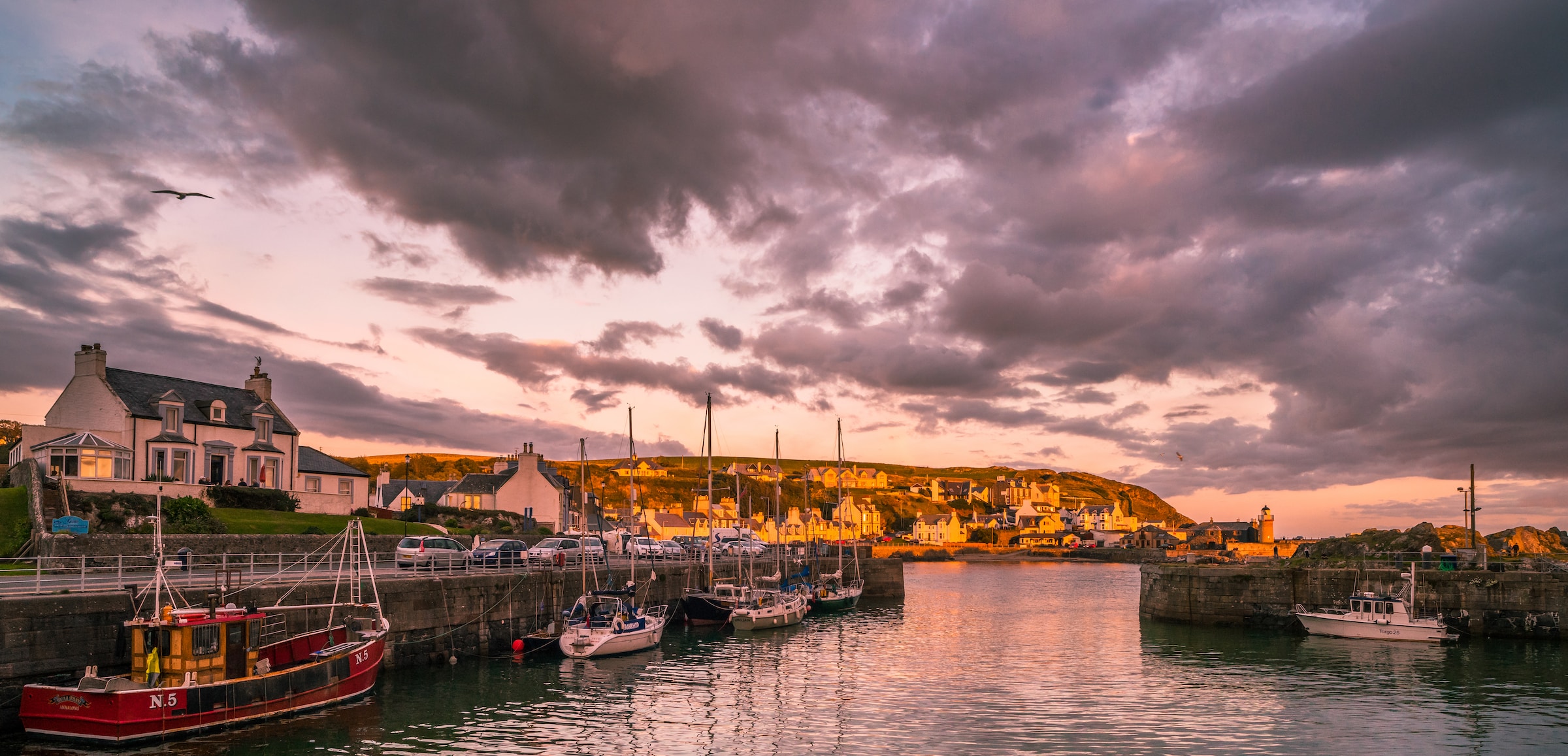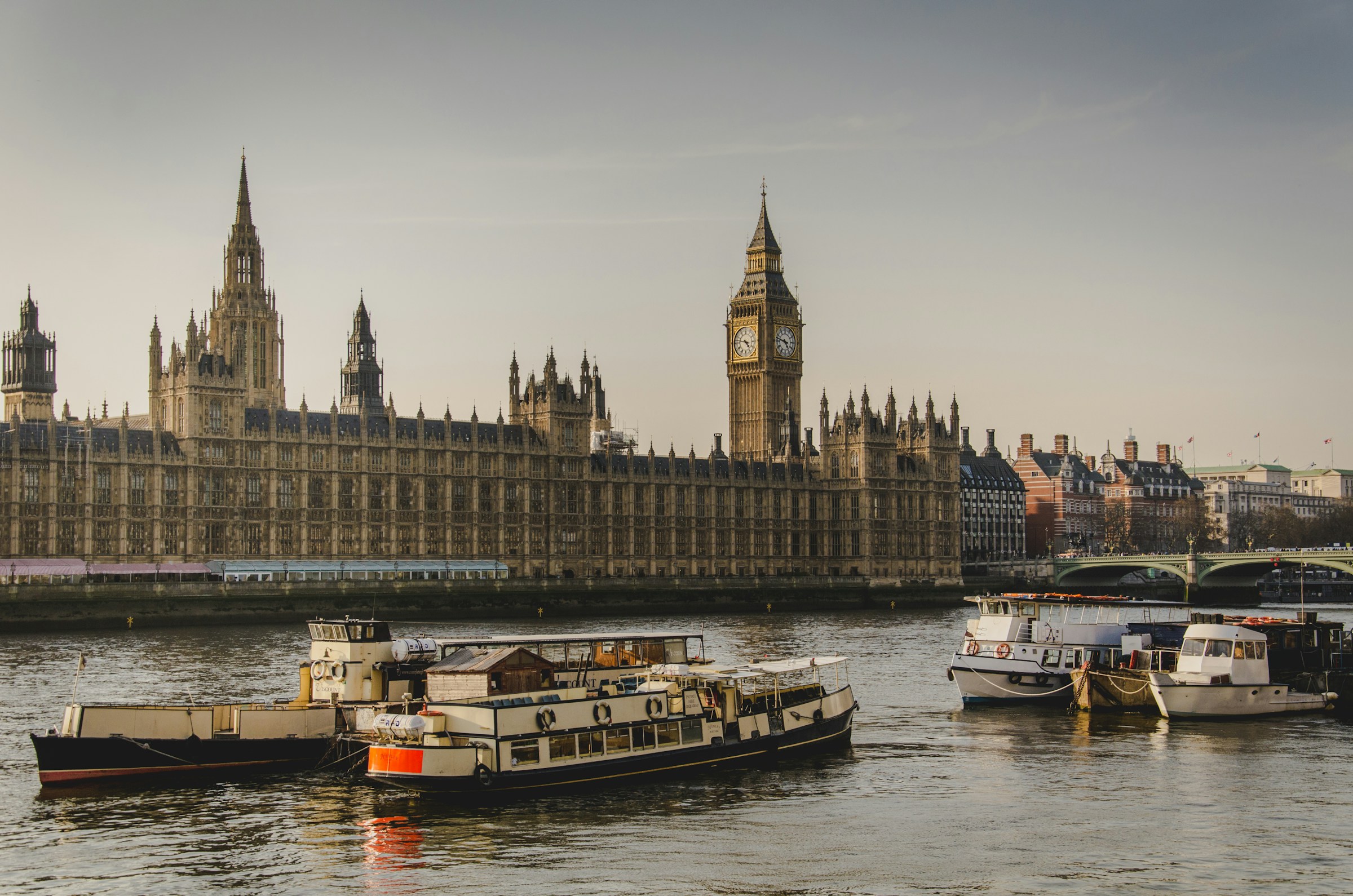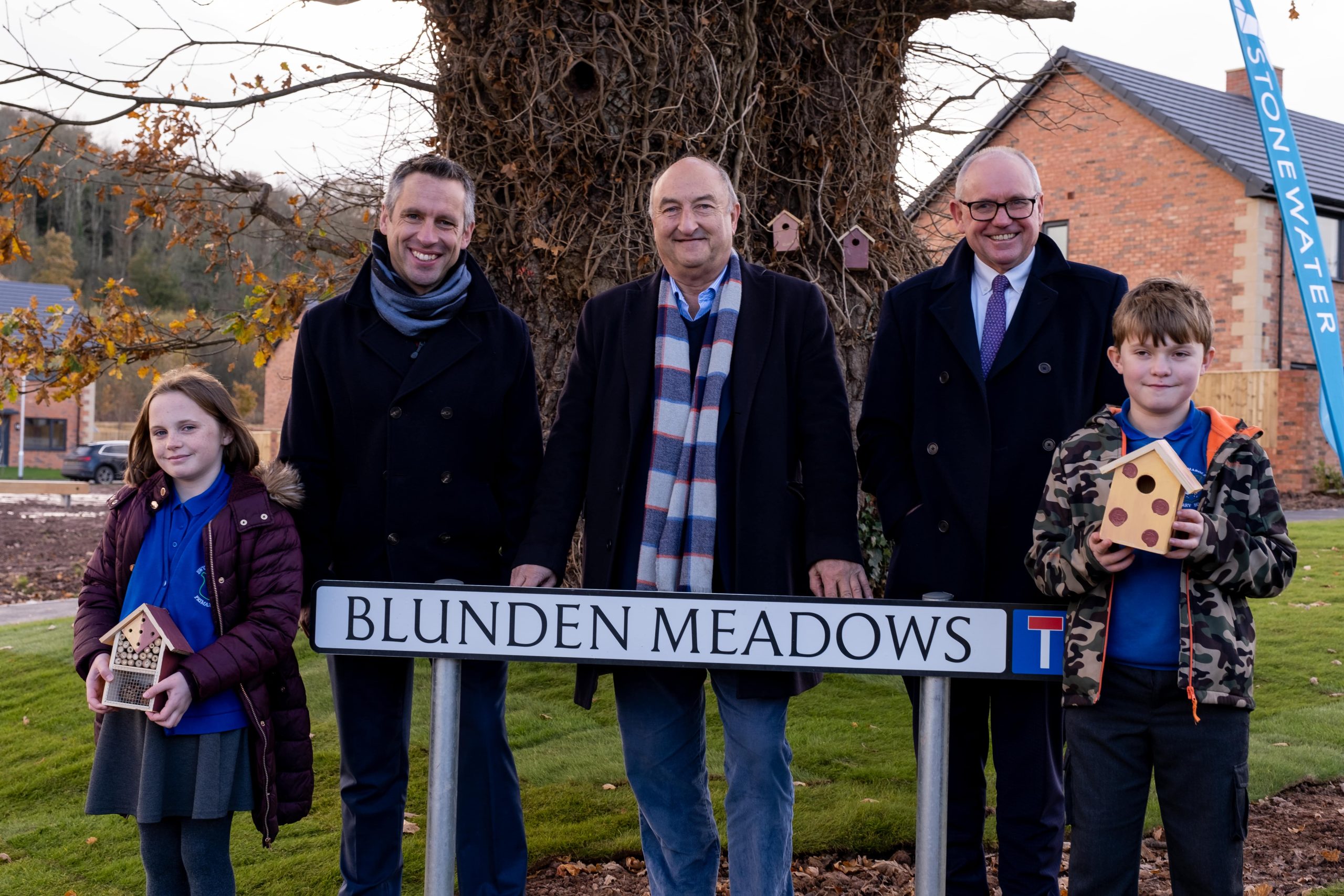How is Dumfries and Galloway Enhancing Energy Efficiency?

Dumfries and Galloway Council is developing a Local Heat and Energy Efficiency Strategy in response to the Scottish Government’s guidance. How will this improve energy efficiency?
The Local Heat & Energy Efficiency Strategies (LHEES) will set out the long-term plan for decarbonising heat in buildings and improving energy efficiency.
Members of Dumfries and Galloway Council’s Economy and Resources Committee meeting were asked to note the activity and work undertaken to create the LHEES for Dumfries and Galloway.
The strategy could create more economic opportunities in the region
As per the Scottish Government’s requirements to create a LHEES, Dumfries and Galloway Council has committed to developing a comprehensive plan to reduce carbon emissions and establish an even more sustainable economy.
Its primary focus will be improving energy efficiency, sourcing renewable energy, and creating a network of local heat and energy infrastructure. To do this, it has said it will work closely with the Scottish Government to execute this strategy effectively and ensure the best possible outcomes.
Councillor Ian Carruthers, Chair of Dumfries and Galloway Council’s Economy and Resources Committee explained that focusing on sustainability will help to boost the local economy: “We want to create even more jobs and economic opportunities, and these low-carbon opportunities can create a platform for growth in the region.”
Investing in low-carbon opportunities can also provide environmental benefits such as reducing air pollution and conserving natural resources.
Rural areas will benefit from more vibrant communities
The Scottish Government’s Heat in Buildings Strategy clarifies that all buildings must improve energy efficiency and install zero-emission heating by 2045. The council has stated that it recognises that locally-led planning will be vital to delivering the decarbonisation of heat in buildings, and a strategic approach is needed to allow delivery on a large scale.
Councillor David Inglis, Vice Chair of Dumfries and Galloway Council highlighted that in order to develop thriving communities of the future, strategies like this one need to be in place: “We have the opportunity to create a more sustainable and resilient region that will benefit our communities and businesses. This can be achieved through a focus on the low-carbon economy and by reducing our carbon emissions.”
Dumfries and Galloway Council’s Climate Emergency Support Team is in the summative stages of preparing its LHEES with consultants from City Science.
The Council has said it can attract businesses by using a low-carbon approach in developing the LHEES. This benefits businesses and helps enhance the region’s low-carbon focus, making rural areas more vibrant and thriving for local communities.
By working with its stakeholders, the council can diversify its communities and create new sustainable, resilient, and low-carbon development opportunities. In addition, improving its region through low-carbon opportunities can positively impact the health and well-being of its communities by empowering them to create community infrastructure and assets.

